Washington has fondly hoped that it could bring about regime change in Russia. Now it seems even more likely that there will be regime change, but not in Russia --in Kiev.
The catalyst for regime change in Kiev is the bloody and now ended battle over Avdiivka.
Avdiivka is very close to Donetsk city, the capital area of the Donbas region. Donetsk is about halfway between Mariupol on the Sea of Azov and Luhansk in the north. Both Donetsk and Luhansk are regions (oblasts) in eastern Ukraine with mostly Russian-speaking populations. Both Donetsk and Luhansk, along with Kherson and Zaporizhzhia, were annexed by the Russians in September 2022.
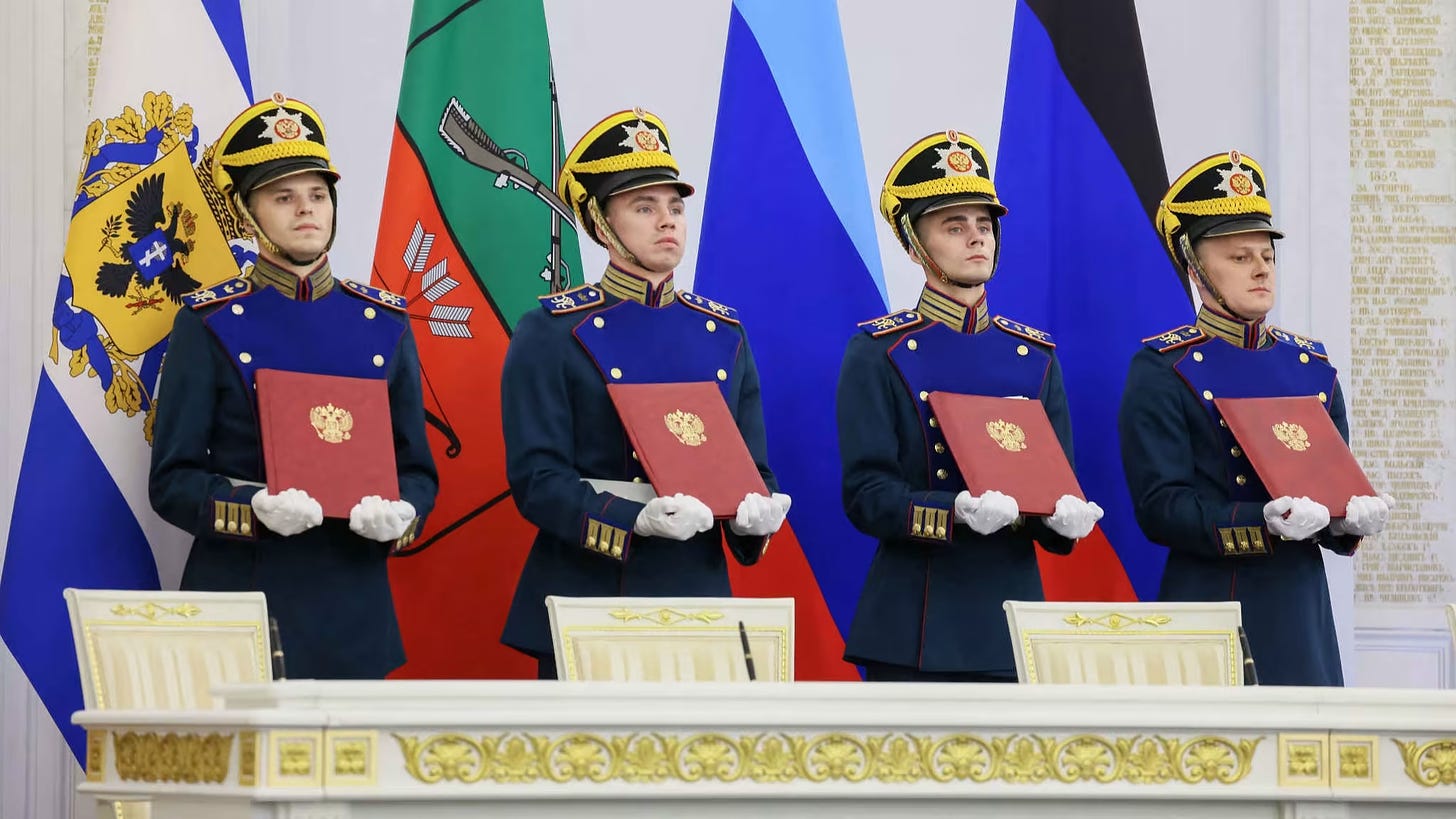
The recent battle over Avdiivka has gone on for four months, but since January the Russians began wearing down the Ukrainian defenders of the city. The Russian operation included attacks from the north, some of it focused on a huge Coke-making plant; and from the South in multiple thrusts on the city’s flanks. By the end of the first week of February the Russian armed forces had cut the city into two, and were steadily advancing while pounding the city with artillery and FAB bombs. These are high explosive bombs of different sizes (FAB-500, FAB-1500) where the number is the bomb size in kilograms.
Avdiivka was highly fortified and a difficult target for the Russian army. The Russians focused on flank attacks that eventually squeezed off resupply of weapons and food and made rotation of forces difficult. By the last week of the battle the roads in and out of the city were under Russian fire control.
Zelensky staked his reputation on Avdiivka and wanted it held at all costs. He fired his overall commander Valerii Zaluzhny, who saw Avdiivka as a lost cause. Zaluzhny wanted to pull Ukrainian forces back from the existing line of contact and move them into defensible fortifications that could protect Kiev and other important cities.
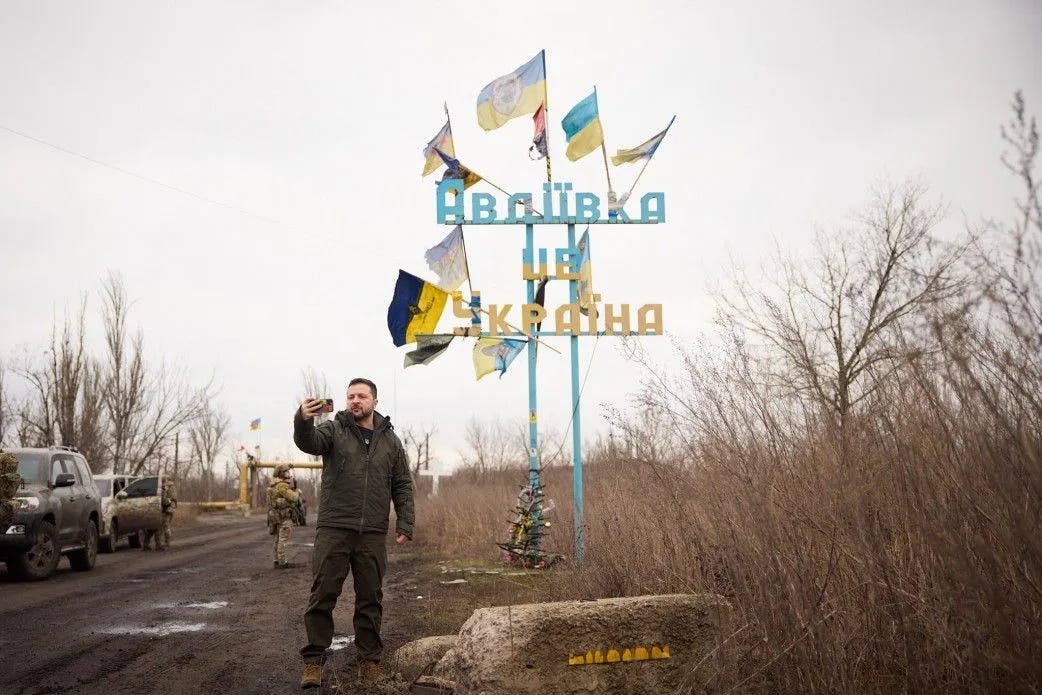
Enter Syrsky, who had been ground commander under Zaluzhny and was now put in charge of all Ukrainian military forces. Syrsky is the same guy whose tactics led to the collapse of Bakhmut and very heavy casualties, earning that city the name of "meat grinder."
Syrsky immediately called up three or four brigades to save Avdiivka from collapse. But his planned rescue operation almost immediately got into serious trouble.
Some of Syrsky's brigades were being assembled and organized in a small town around 15 kilometers from Avdiivka, called Selydove. The Russians discovered the Ukrainian army operations in Selydove and attacked with Iskander missiles and cluster weapons. According to Russian sources on various blogs (Telegram, X, for example), the Russian attack all but wiped out an entire brigade with heavy Ukrainian casualties.
Ukraine's propaganda mill went into high gear, alleging the Russian attack was aimed at a hospital's maternity ward in Selydov. But the reality was that Ukraine lost around 1,000 to 1,500 soldiers. Most western news sources parroted the Ukrainian line.
Zelensky was on his way to the Munich Security Conference where he got a standing ovation. Before he left Kiev he ordered Syrsky to stop the Russians from taking Avdiivka.
Syrsky committed the 3rd Brigade to the fight for the city. The 3rd Separate Assault Brigade which, in reality is the reformed Azov Brigade. The Azov brigade is the backbone of Zelensky's ultra nationalist support in Ukraine. If any organization in Ukraine fits Putin's description of Ukrainian Nazis, the 3rd Brigade is the premier example. Zelensky's political power depends on the Ukrainian military, and in particular the ultra-nationalists.

The 3rd Brigade did not perform as advertised. When its units got into Avdiivka, coming in from the north, they found the situation dire. By that time there were around 4,500 Ukrainian soldiers in the northern parts of the city, mostly holed up in the Coke Plant. Another 3,500 were in the center of the city verging on the southern town’s districts and an old abandoned airfield.
The 3rd Brigade disobeyed orders and ran out of the town, countermanding Syrsky and Zelensky's explicit orders. Above all, Zelensky did not want to get embarrassed while he was at the Munich conference exactly while he was running around trying to get more ammunition for "the cause." Some from the 3rd Brigade surrendered to the Russians.
This is what triggered Syrsky to signal a retreat and abandon Avdiivka. That retreat was a significant blow to Zelensky's prestige and, apparently, there were angry phone calls from Munich to Syrsky. But Syrsky had little choice, other than to openly surrender. Instead he announced a "new" strategy, precisely what Zaluzhny had previously recommended.
The loss of Avdiivka leaves Zelensky in a bad situation. He has all but lost his most ardent supporters in the Army, has humiliated his former commander Zaluzhny and replaced him with Syrsky who has a reputation as a loser. He has lost face with the Europeans, and probably with the United States, although it is hard to tell for sure.
Zelensky counters by saying Ukraine will get Avdiivka back “absolutely.”
Washington does not want a deal with the Russians. All its focus has been on handing Russia multiple defeats, squeezing the Russians dry, and replacing its leader, Putin. Biden's "team" also can't stomach the idea that the Ukrainians might make a deal with Russia and undermine "the policy."
Most of the central elements of Washington's policy have failed. Excessive sanctions did not break the Russian economy but succeeded in driving the Russians in a wholly new direction, embracing China and India and BRICS. US technology did not turn the tide of war in Ukraine’s favor. Not talking to the Russians helped solidify the Russian view that Washington and NATO were the enemy, intensifying their already stressed view that they had been lied to over the years about NATO expansion. While the US and Europe either could not, or would not, revitalize their defense industrial base, the Russians did so, with a vengeance. Meanwhile the US and Europe are standing by for the war to end and hundreds of billions are sunk into rebuilding Ukraine, which is less and less likely to happen under US and European auspices.
The bottom line is Zelensky's regime is tottering. Because of Zelensky's martial law based regime, there will be no elections and no open political process. But anger in the army is growing, and sooner or later they will choose a leader, most likely Zaluzhny.
There will be regime change in Kiev, coming soon.





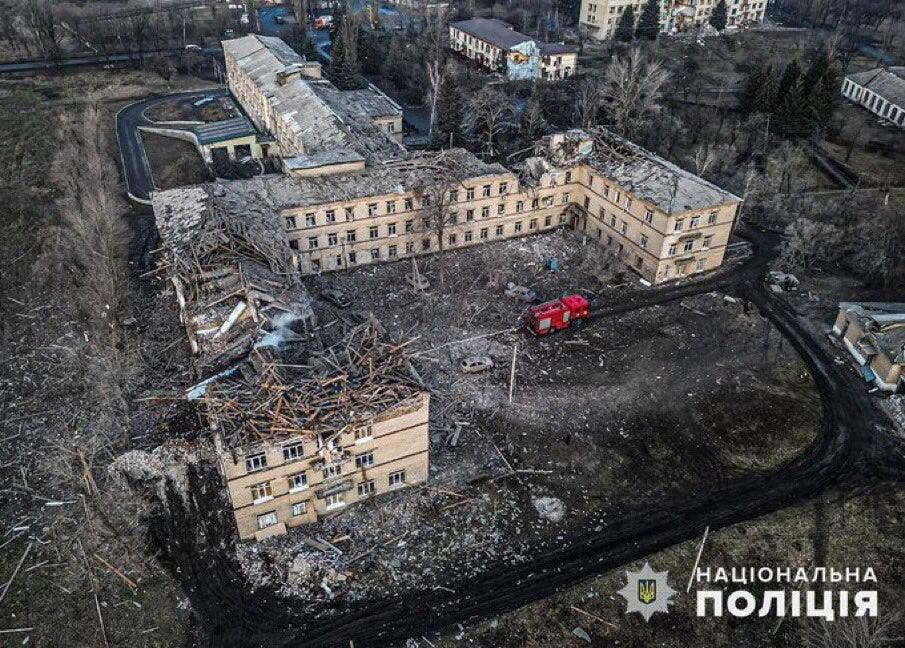
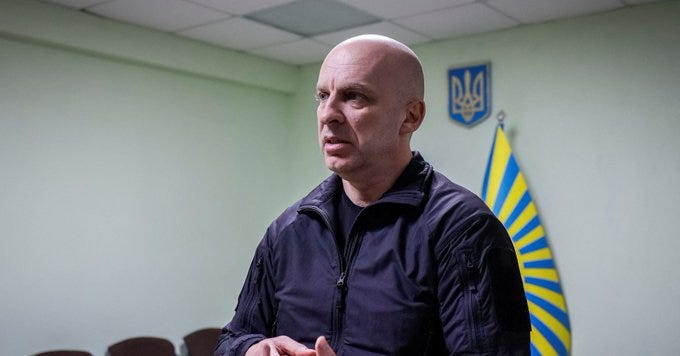

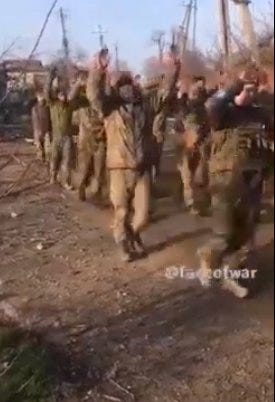

It wasn't a retreat, it was a rout (there is plenty of video of this) with also a large prisoner haul (Russian channels talk about over 500 POW so far, and there are certainly a lot of videos of that too).
If the order to retreat could have been issued a few days earlier order could have probably been maintained and men's lives saved. One thing that has consistently struck me about this war of attrition is how careful the larger power is with their soldiers lives, and how careless the smaller power is with theirs. It's exactly the reverse of what you'd expect.
It may not only be the army that's seething. There has been significant (though spotty) resistance to "military recruitment by abduction", with settlements rallying to protect their men from the meat-grinder. The Writing is on the Wall and everyone is reading the same message. Meanwhile the Conscription Law remains stalled for months in the Rada.
Probably no one can interpret the the AFU dire battlefield status than Zaluzhny himself. The Russian AF now flies support missions with impunity. At this point, close air-ground assault coordination makes Russian forces almost unstoppable. And note: Russia has not yet officially launched an Offensive, still remaining in a state of (Aggressive) Defense. However, forces are queuing in mass forces in several spots, with forces > than 100> in the Norrtheast section of the front.
If anyone could lead "negotiations" (such as they might be at this point) it would be Gen Zaluzhny as head of state in Kiev. Stay tuned.